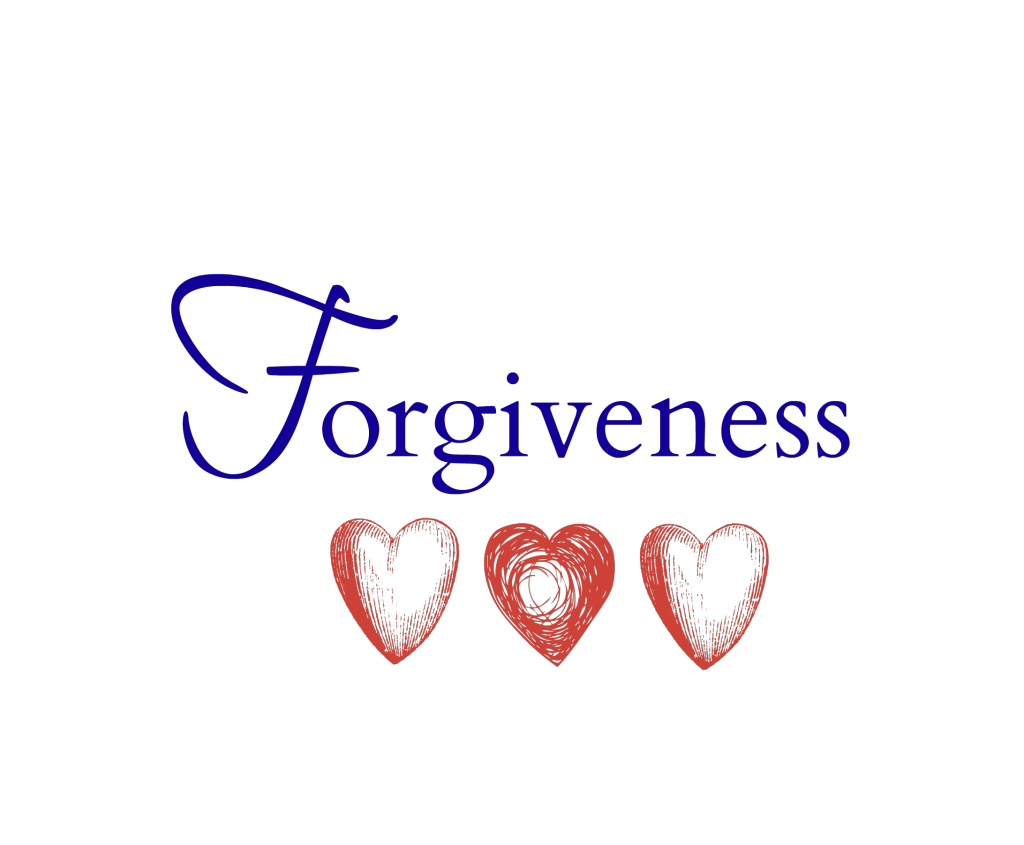Sometimes we think we can't forgive because it is unreasonable. Many times though our barrier to forgiveness is the fact that we have misconceptions of what it is...
Forgiveness is NOT forgetting...at least, it isn't in the beginning. We know full well that we have been trespassed upon. We feel the pain too deeply to forget about it. And while forgiveness is not forgetting it is acting like we have forgotten the offense. In essence, we say "I know what you did to me, but I am choosing not to focus on it. I am choosing to bless you instead of harm you." The irony is that while forgiveness is not forgetting, it does allow healing which helps us to forget the offense to some degree.
Forgiveness is NOT allowing ourselves to get stomped on repeatedly. There comes a point in time when we may have to remove ourselves from a relationship in order to protect ourselves (like in cases of abuse). We can still forgive someone without having a relationship with them, especially if that relationship is too detrimental. So in the end, forgiveness and reconciliation are two totally different entities. You can forgive even if the relationship never becomes whole again. Entering back into a relationship is unwise if the offender is unrepentant and the offense was deep and cutting. Just because someone says they are sorry doesn't mean they have repented. Here are 12 signs of repentance.
Forgiveness is NOT saying that the sin committed is ok. If you have been offended or deeply hurt then obviously what was done to you wasn't right. Acting like everything is right and good in your world when it isn't is a form of dysfunction. The offense needs to be dealt with truthfully in order for there to be healing.
Forgiveness is NOT not being hurt. Sadness and a feeling of hurt may linger, but that doesn't mean that you haven't forgiven. If there is no hurt then there is no need for forgiveness. Forgiveness is not a feeling. It is a decision.
So what is forgiveness?
Forgiveness is giving up the right to hurt back. If you have truly forgiven, then you won't hurt the other person. You give up your right to get complete justice in the face of injustice. And let's face it, some offenses are so grievous that there is no way that you can get justice. Revenge won't bring back a loved one killed by a drunk driver. Revenge won't recreate a reputation tarnished by slander. Revenge won't make things right...it will just temporarily make you feel better. Forgiveness, however, will eventually release you from all the negative emotions surrounding the offense.
Forgiveness is letting God be God. Vengeance is His and His alone. He is the only right and true judge. When we chose not to forgive we take God's place. When I teach on forgiveness I call this concept "Jesus Jail" {not my idea...read it in a book once.}. Basically, you hand the offender over to the custody of Christ for Him to deal with them.
Forgiveness is repetitive. For deep offenses you will need to employ the 70 times 7 idea...every time the offense comes to mind you may have to make the decision all over again to forgive.
Forgiveness is blessing the offender. Probably the biggest indicator of whether you have forgiven someone is if you can bless them in some way, shape, or form. Can you pray for them? Can you give them a gift? Can you speak a kind word about or to them?


No comments:
Post a Comment